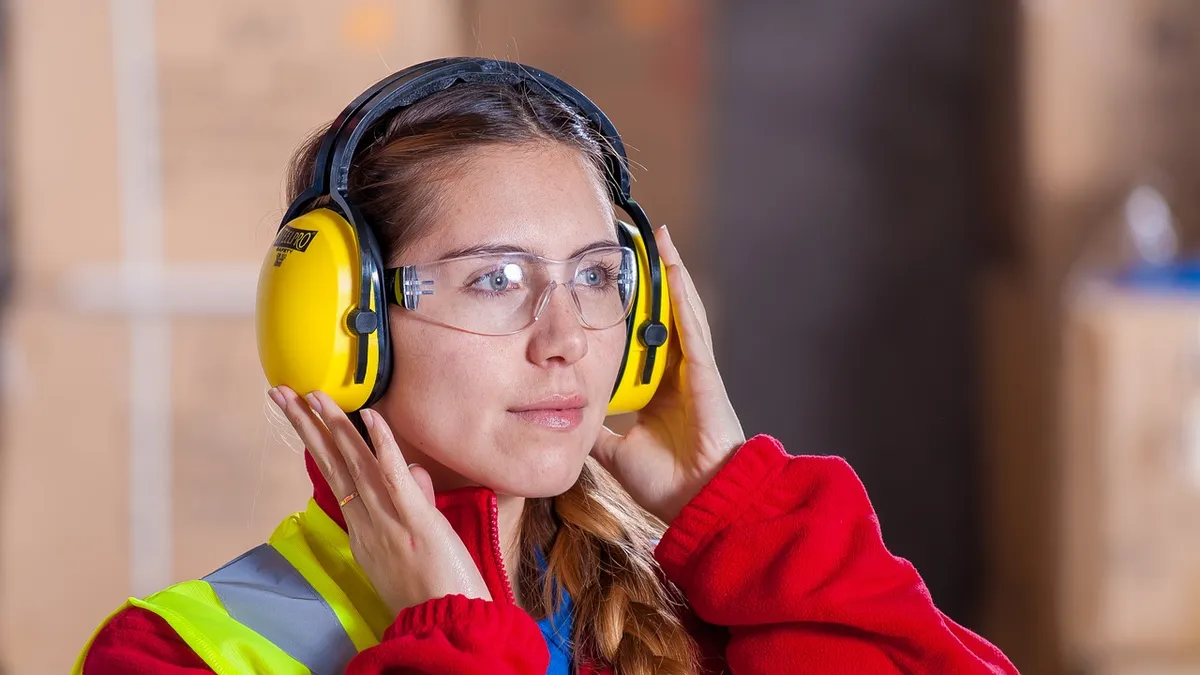At a quick glance, the U.S. economy is slated to increase from 140 million to 165 million jobs by 2020. While job growth is a positive development, states across the country are being challenged to innovate how they develop and train a modern workforce to meet the new demands of a changing economy. By 2020, 65 percent of all jobs in the U.S. economy will require postsecondary education or credentials beyond high school, as the demand for traditional blue-collar workers continues to decline.
States around the country are scouring for best practices to give their next generation an edge and to quickly build a twenty-first century workforce. One solution that’s gaining traction: Build sturdier bridges between high schools, colleges and employers to create opportunities for students to graduate high school having already earned a college degree or having received extensive vocational and technical training so that they are uniquely prepared to enter the workforce the day they graduate.
In Rhode Island, Gov. Gina Raimondo is accomplishing this by uniting disparate stakeholders through the Department of Labor and Training’s Real Jobs Rhode Island initiative. For example, in anticipation of the thousands of jobs it will create in the next decade, General Dynamics Electric Boat (which has anchored its submarine manufacturing facility in North Kingstown) partnered with six career and technical schools that are now training Rhode Island high school students in advanced welding and shipfitting. Representing one of 26 Real Jobs Rhode Island partnerships spanning 10 industry sectors, the program begins in a student’s freshman year and grows more advanced each year, ultimately leading to paid internships during senior year and the possibility of a good-paying job at Electric Boat after graduation.
To ensure that Rhode Islanders of all stages are being trained to fill Electric Boat’s jobs, 500-plus people of all ages will also be hired and then trained through the company’s partnership with the Community College of Rhode Island and the New England Institute of Technology. A similar program is underway in Connecticut, where Electric Boat has partnered with the Eastern Connecticut Workforce Investment Board to staff up a separate facility.
These types of apprenticeship programs can be successful in allowing employees to learn why they earn. And some companies are even taking it upon themselves to forge partnerships with academic institutions. In Rockford, Illinois, management at Woodward Inc. who will face an employee shortfall once their l current baby boomer workforce base retires, partnered with Rockford Public Schools and Rock Valley College to “grow [their] own” skilled workers rather than poaching them from competitors. The city’s Engineering, Manufacturing, Industrial and Trades Technology academy (EMITT) program allows Woodward Inc. to work with teachers to implement manufacturing curriculum even into Math and English classes.
In Rhode Island, we were hit especially hard by the recession and the decline in manufacturing jobs. Outside analysis, which the state commissioned in 2015 from the Brookings Institution, proved instrumental in developing our comeback strategy, which is built on strengthening our advanced industries and ensuring our citizens have the skill sets needed to compete in today’s and tomorrow’s economy.
That’s why we have also invested $3.65 million in enhance manufacturing programs at tech high schools and $2.1 million in the state’s Pathways in Technology Early College High School (P-TECH) initiative. Rhode Island is the first state to offer computer science (“CS”) to every child in every public school, and we have become one of the first states with free community college at the state's public institutions
. Further, our Wavemaker Fellowship Program defrays student loan payments for up to four years for graduates pursuing careers or starting businesses in technology, engineering, design and other key sectors.
With a new statewide employer-driven model and a collaborative approach to training our future generations, we are helping to create a stable, fast-growing workforce that is ready to excel in the industries where we need them most.
Darin Early serves as the President of the Rhode Island Commerce Corporation.



